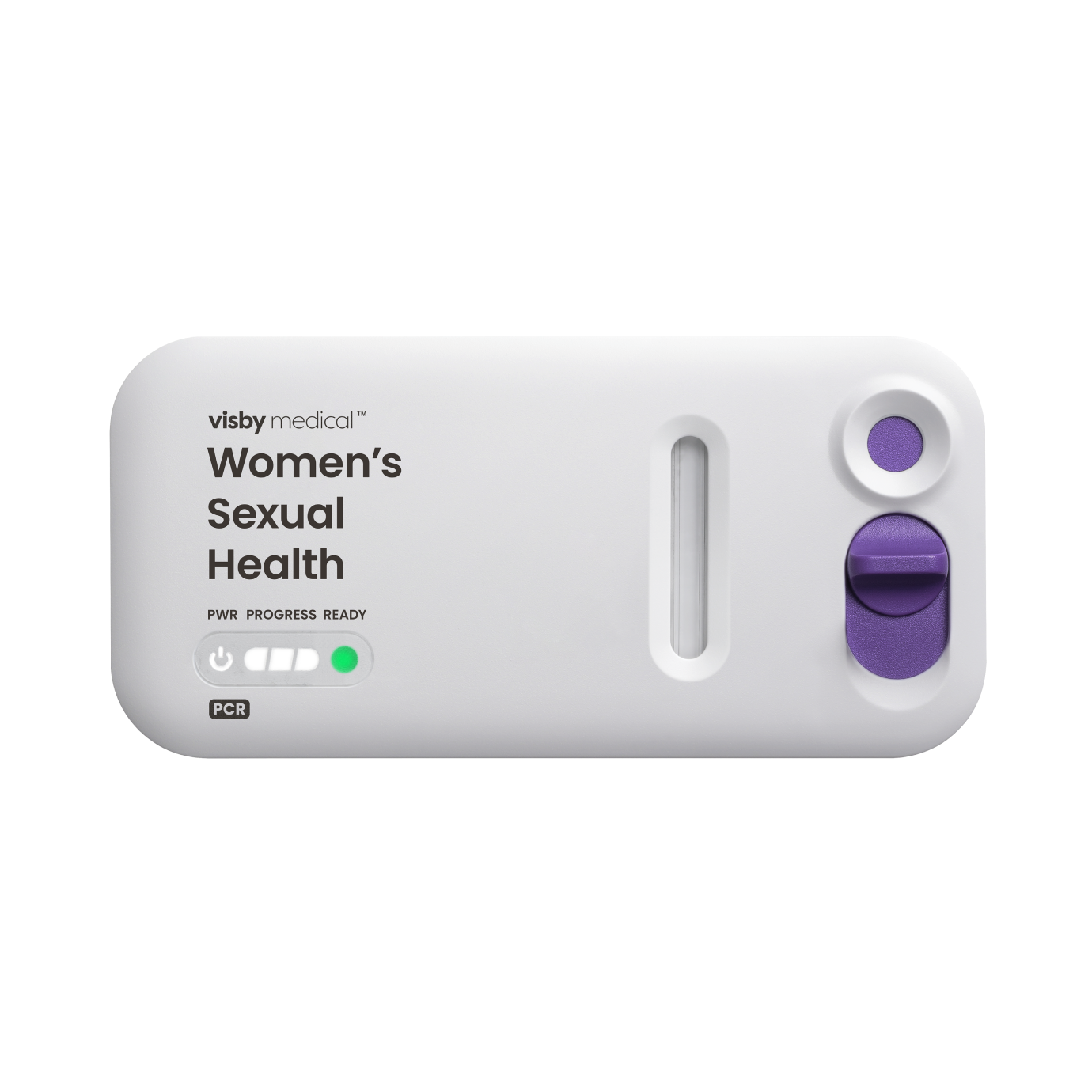
Medically reviewed on November 22, 2022 by Jordan Stachel, M.S., RDN, CPT. To give you technically accurate, evidence-based information, content published on the Everlywell blog is reviewed by credentialed professionals with expertise in medical and bioscience fields.
Table of contents
- How is gonorrhea contracted?
- Gonorrhea symptoms: what they are, and when they arise
- What to do if you notice gonorrhea symptoms
- Find out your status faster with Everlywell
- Related content
Discovering symptoms of any health condition is never enjoyable—but it can be even more bewildering if you think you might have a sexually transmitted infection (STI). Not only is sexual health seldom discussed openly, but certain conditions can be difficult to spot in the first place.
Gonorrhea is one such condition. While most strains of gonorrhea are treatable and even curable, many people who carry the bacteria don’t exhibit signs of infection at all. So, how long can you have gonorrhea without knowing?
But just because gonorrhea is insidious doesn’t mean you can’t be proactive about prevention. Here, we’ll take a look at how gonorrhea is contracted, the typical timeline for noticing symptoms, and what to do if you find out you have it.
How is gonorrhea contracted?
Gonorrhea is an STI that can impact several different areas of the body, including the genitals, anus, and oropharyngeal areas (the mouth and throat) [1].
It’s predominantly transmitted via sexual contact with an infected person, but the area(s) infected will depend on:
- The kind of sexual activity you had with an infected person (e.g., oral sex, anal sex, or vaginal sex)
- The area(s) where the person was infected (e.g., their mouth/throat, anus, vagina, or urethra)
You should also be careful about sharing sex toys with your partner during intercourse, as it may pose a risk if they are infected.
Some also wonder: can you get gonorrhea from kissing? One 2019 study suggested that it may be possible to contract an oropharyngeal gonorrhea infection by kissing a sexual partner that's already infected [2]. However, data on transmitting gonorrhea via kissing is still new, and most information you’ll find on prevention revolves around other sexual activities.
Gonorrhea symptoms: what they are, and when they arise
It’s precisely because gonorrhea’s symptoms are hard to spot that data about symptom onset is limited [1]. If you do exhibit observable symptoms, however, they may be noticeable as early as 1 week following infection [3,4].
Moreover, your anatomy significantly impacts when you’re likely to notice symptoms (if you have them) [5]:
- Cisgender men (and people with penises) are more likely to show gonorrhea symptoms. However, these can take several weeks to arise.
- Cisgender women (and people with vaginas) generally don’t show any symptoms of gonorrhea at all.
So, why is gonorrhea so difficult to spot? Medical experts think it’s for three reasons [1]:
- Symptoms of a vaginal gonorrhea infection (painful urination, bleeding between menstrual periods, and excessive vaginal discharge) could be easily confused with other vaginal infections or illnesses, like a yeast infection or a urinary tract infection.
- Oropharyngeal (mouth and throat) infections usually only arrive with mild symptoms (like a sore throat), which can be easily dismissed as a viral infection or a cold.
- Healthcare providers generally recommend that asymptomatic, sexually active people get a gonorrhea test just once a year as a part of their annual reproductive health exam.
What to do if you notice gonorrhea symptoms
If you’re one of the people who experience gonorrhea symptoms, it’s important to take action as soon as possible. Untreated gonorrhea may lead to some health implications later on.
The steps below will help you protect you and your partners from infection and the potential long-term effects of gonorrhea.
Get tested
There are three options for gonorrhea testing:
- Order an at-home test kit, which requires you to collect a sample at home (typically a urine sample). You’ll mail the sample to a lab and await digital or mailed results.
- Get tested at a lab facility near you. You may need a referral from a healthcare provider, and making an appointment generally helps shorten your wait time.
- Visit a healthcare provider. This could be your healthcare provider’s office, a reproductive healthcare clinic, or an urgent care facility.
Inform your partners
If you receive a positive result, do your best to contact everyone you’ve had sex with since receiving your test results.
Depending on how long it’s been since your last test and the number of partners you’ve had since then, this could be a lengthy process. In some cases, you simply may not be able to contact all of your past partners.
However, trying your best to alert the people you’ve been intimate with could help prevent the further spread of the infection.
Seek treatment
After you receive a positive result and inform your partners (or while you’re working on contacting your partners), speak with a healthcare provider about how to treat gonorrhea.
A few different places should be able to prescribe or administer the medications you’ll need to cure the bacterial infection:
- Your primary care provider
- Your reproductive healthcare provider
- An urgent care facility
- A reproductive health clinic (like Planned Parenthood)
Find out your status faster with Everlywell
If you’re sexually active, one of the most critical tools for staying vigilant about your sexual health is to get tested for STIs regularly.
Whether you screen for gonorrhea or other STIs, using the Everlywell at-home STD tests let you bypass the hassle of referrals, wait times, and slow turnarounds. Everlywell gives you access to at-home testing (including an at-home gonorrhea test with sample collection at home, as well as a trichomoniasis home test, HCV Test, and at-home Syphilis Test), fast, comprehensive results, and our wide network of treatment resources (including telemedicine Virtual Care Visits).
Related content
Can you get gonorrhea from kissing?
Gonorrhea long-term effects: what you need to know
References
- Std facts - gonorrhea. Centers for Disease Control and Prevention. Published August 22, 2022. Accessed November 7, 2022. URL
- Chow EP, Cornelisse VJ, Williamson DA, et al. Kissing may be an important and neglected risk factor for oropharyngeal gonorrhoea: A cross-sectional study in men who have sex with men. Sexually Transmitted Infections. 2019;95(7):516-521. doi:10.1136/sextrans-2018-053896
- Centers for Disease Control and Prevention. (2022, August 22). Std facts - gonorrhea. Centers for Disease Control and Prevention. Retrieved November 7, 2022. URL
- Parenthood, P. (n.d.). What are the symptoms & signs of gonorrhea? Planned Parenthood. Retrieved November 7, 2022. URL
- Gonorrhea: Causes, symptoms, treatment & prevention. Cleveland Clinic. Retrieved November 7, 2022. URL
Spotlight on
Featured content

86% of cancers aren't caught by recommended screenings. See what they're missing with a single blood draw.
Save $100 now
Explore Everlywell









